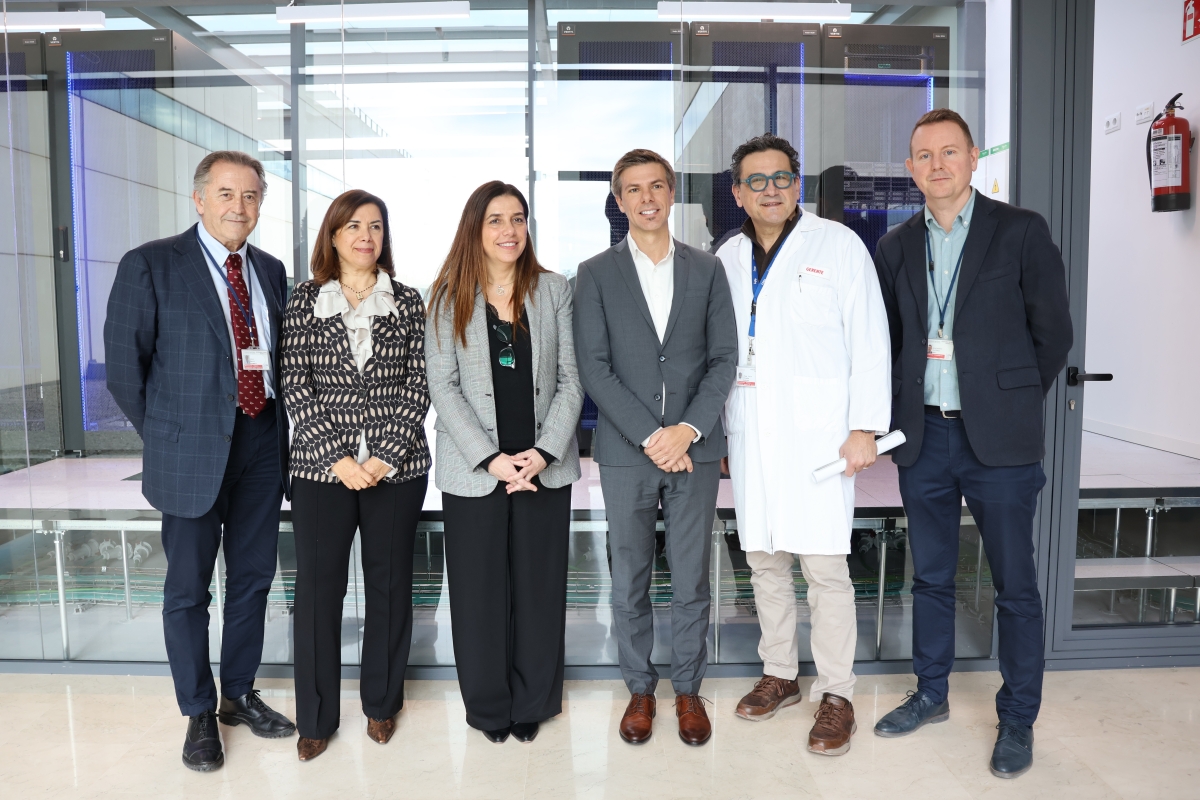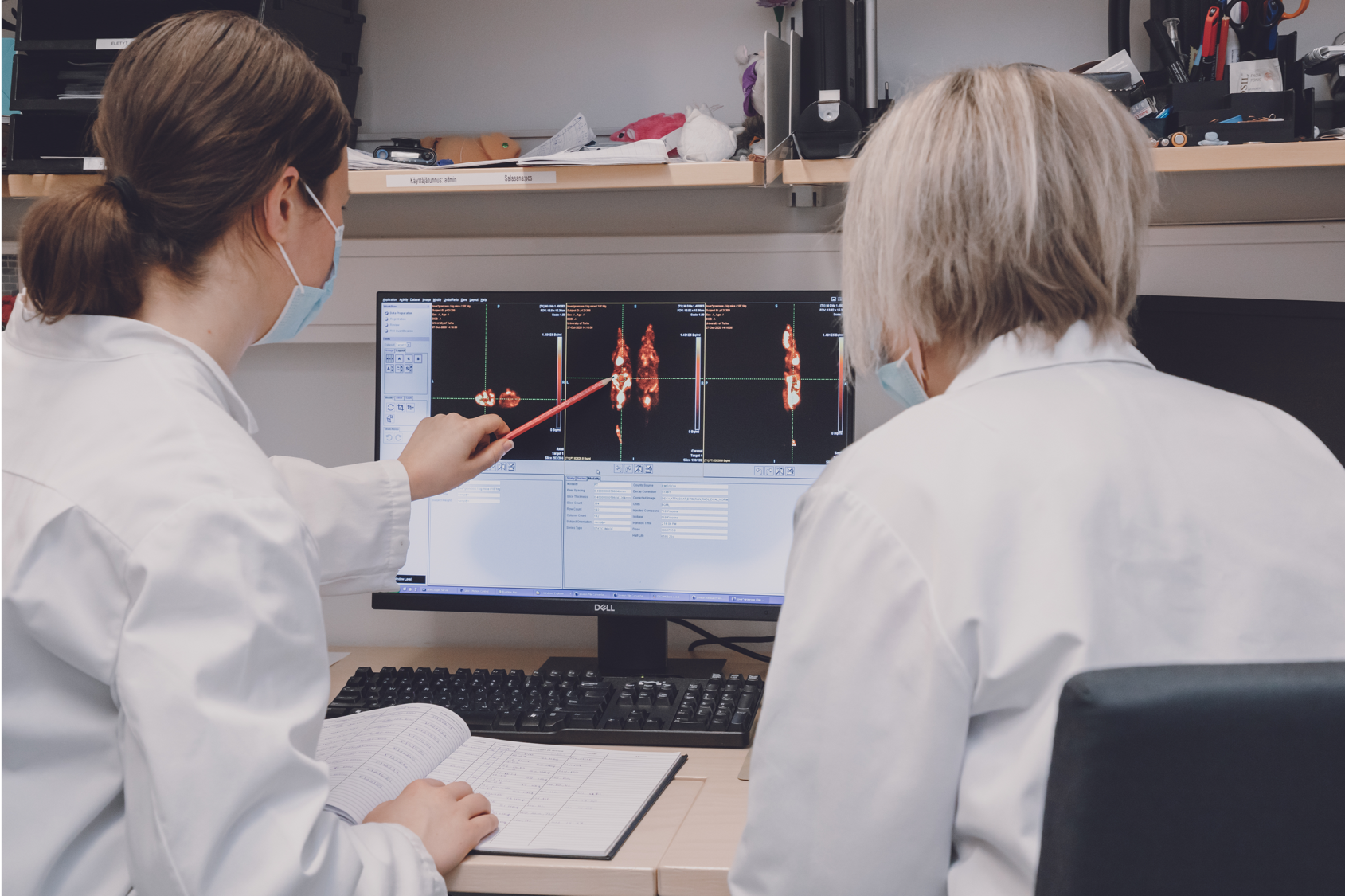
February 13, 2026
Euro-BioImaging at 3C-CoDash Hackathon
Bugra Oezdemir, our image data tools specialist from the Euro-BioImaging Bio-Hub team, had the pleasure of co-leading a session at the Data Science 3C-CoDash…
The AI4Life project, coordinated by Euro-BioImaging, is happy to announce the launch of the first AI4Life challenge, which aims to improve denoising techniques for microscopy images. Join the challenge now and submit your solutions by July 31st.

Microscopy images are crucial for scientific research, particularly in biology and medicine. However, these images often suffer from various types of noise introduced during the image acquisition process, which can degrade the quality of the images and significantly complicate their interpretation. Denoising microscopy images is, therefore, essential to improve image quality, all the while preserving important features such as edges, textures, and fine details.
In recent years, deep learning algorithms emerged as a successful approach to removing noise while retaining useful signals. Unlike classical algorithms, which use defined mathematical functions to remove noise, deep learning methods learn to denoise from example data, providing a powerful content-aware approach. Deep learning denoising is already assisting many researchers with analysing their acquired images and significantly improves the quality of downstream deep learning approaches such as segmentation or classification.
The challenge’s focus is an unsupervised denoising task, which is particularly complex and key for the bioimage community. Unlike supervised learning, which requires pairs of noisy and clean images, unsupervised learning is a training process based on using only noisy images, making it a more accessible approach given the difficulty and labour-intensive nature of paired dataset acquisitions.
In this challenge, AI4Life invites researchers to apply their deep learning algorithms to four datasets featuring two types of noise: structured and unstructured. The aim is to compare the performance of both existing denoising methods and novel ones.
AI4Life is a Horizon Europe-funded project that brings together the computational and life science communities. The project’s goal is to empower life science researchers to harness the full potential of Artificial Intelligence and Machine Learning methods for bioimage analysis by providing services, and developing standards aimed at both developers and users. Find out more on the project website.


February 13, 2026
Bugra Oezdemir, our image data tools specialist from the Euro-BioImaging Bio-Hub team, had the pleasure of co-leading a session at the Data Science 3C-CoDash…

February 12, 2026
The IIS La Fe (Instituto de Investigación Sanitaria La Fe) in Valencia, hosting the Euro-BioImaging Radiology and Medical Imaging Valencia Node, has inaugurated…

February 11, 2026
Today is the International Day of Women and Girls in Science. And tomorrow. And the day after that. The images below show our everyday.